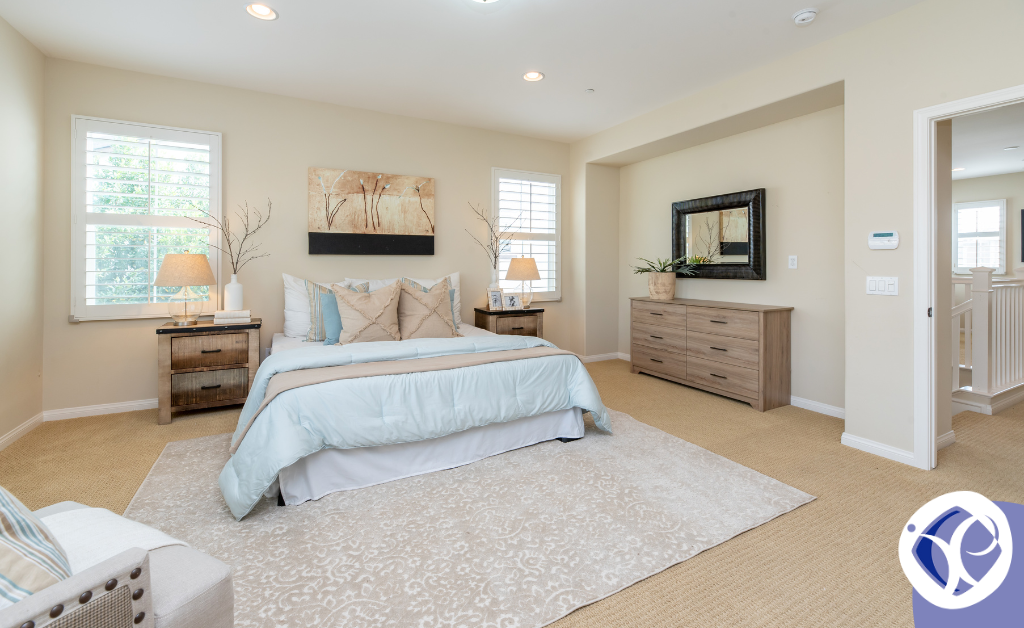In this week’s Tax Tip, we’ll provide you with some important information about your Furnished Holiday Let (FHL) that could slash your tax bill.

(3-minute read)
We will cover:
- The potential tax advantages of owning a Furnished Holiday Let
- The requirements for a business to qualify as an FHL
Furnished Holiday Letting (FHL)
- FHL is treated as a trading activity for Income Tax, Corporation Tax, and Capital Gains Tax (CGT) purposes.
- FHL profits are treated as investment income and not earnings for National Insurance (NI) purposes, which means no NI contributions are payable on profits made by an individual.
- Qualifying FHL businesses can obtain a number of CGT reliefs not normally available to letting businesses, including Rollover Relief, Gift Relief, Business Asset Disposal Relief, Relief for loans to traders, and Substantial Shareholding Exemption for companies.
Income Tax implications
- FHL profits are relevant earnings for pension contribution purposes.
- Profits from an FHL business held jointly by spouses or civil partners may be split as desired for Income Tax purposes.
- Capital allowances may be claimed on all plant and machinery expenditure, and the restriction to relief for mortgage interest and other finance costs does not apply to FHL businesses.
- FHL losses are restricted for Income Tax and can only be carried forward against profits made from the same UK or EEA FHL business.
VAT implications
- FHL activities are subject to VAT if the trader is VAT registered or when VAT registration thresholds are exceeded.
- Foreign FHL owners who don’t have a fixed establishment or fixed business in the UK are required to register for VAT as soon as they make a taxable supply.
Qualifying as an FHL
- To qualify as an FHL, the accommodation must be furnished, located in the UK or EEA, available for commercial letting to the public generally as holiday accommodation for at least 210 days in the relevant 12-month period, and let in the relevant 12-month period as holiday accommodation for at least 105 days.
- Periods of “longer-term” occupation cannot count towards the 105-day letting test or exceed 155 days in total in the relevant 12-month period.
- If the 105-day letting test is not met, it may be possible to make a period of grace election or averaging election to preserve qualifying FHL status.
Remember that a letting business may fail to be an FHL for Income Tax or Corporation Tax purposes because it does not meet all the FHL qualifying conditions. However, it may still qualify as a business asset for certain CGT reliefs.
Are you a holiday property owner looking to save money on tax? Look no further than the Tax Expert to help you with the tax-saving strategies to grow your business.
We hope you found this helpful. If you have any questions or would like to discuss FHL further, please don’t hesitate to contact us.
Contact us today at 01772 788200 to find out more about how we can help, or WhatsApp us out-of-hours at 07787 010190.
Sending an e-mail is simple too, just fill out this short form and we’ll get back to you!
Kind regards Ilyas
